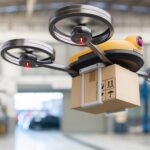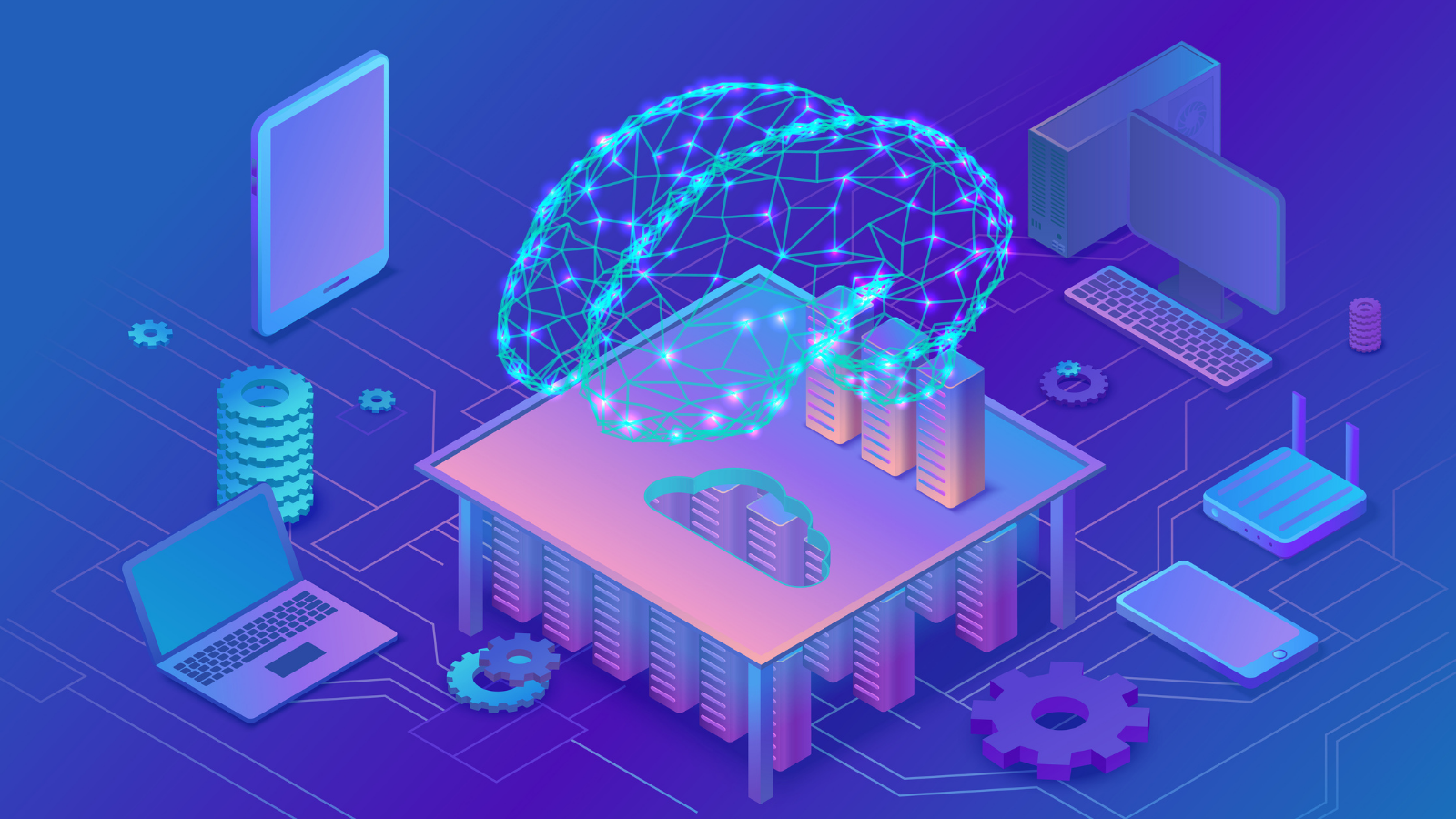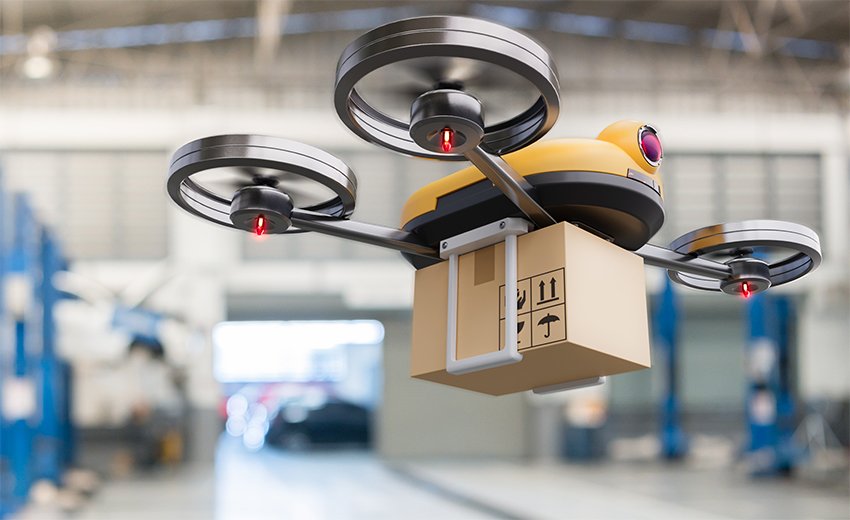The Future of Artificial Intelligence and Automation. Artificial Intelligence (AI) and automation are at the forefront of technological innovation, reshaping industries and daily life. From self-driving cars to smart homes, AI and automation are revolutionizing how we work, interact, and live. This article explores the future of AI and automation, the potential impact on various sectors, and the ethical considerations involved.
Transforming Industries with AI and Automation
AI and automation are transforming industries by enhancing efficiency, reducing costs, and improving decision-making:
- Manufacturing: AI-powered robots and automated systems increase productivity, reduce human error, and ensure quality control in manufacturing processes.
- Healthcare: AI algorithms assist in diagnostics, predictive analysis, and personalized treatment plans, while automation streamlines administrative tasks and patient management.
- Finance: AI-driven analytics provide insights for better investment decisions, fraud detection, and automated customer service through chatbots.
AI and automation provide innovative solutions, making industries more agile and responsive.

Advancements in Autonomous Vehicles
Autonomous vehicles, powered by AI and automation, are set to transform transportation:
- Self-Driving Cars: Companies like Tesla, Waymo, and Uber are developing autonomous vehicles that aim to reduce accidents, optimize traffic flow, and enhance mobility.
- Autonomous Delivery Drones: AI-powered drones can deliver goods faster and more efficiently, reducing reliance on traditional delivery methods and minimizing environmental impact.
- Public Transportation: Autonomous buses and trains offer a safer, more reliable, and efficient public transport system, reducing congestion and emissions.
Autonomous vehicles promise a future of safer, cleaner, and more efficient transportation systems.
The Role of AI in Smart Cities
AI and automation are essential components of smart city development:
- Intelligent Traffic Management: AI algorithms analyze real-time traffic data to optimize traffic lights, reduce congestion, and improve road safety.
- Smart Energy Grids: AI-driven energy management systems optimize power distribution, reduce energy waste, and integrate renewable energy sources.
- Automated Public Services: AI-powered chatbots and automated systems provide efficient public services, reducing bureaucracy and improving citizen engagement.
Smart cities leverage AI and automation to create more sustainable, efficient, and livable environments.
Enhancing Customer Experiences with AI
AI is revolutionizing customer experiences across various sectors:
- Personalized Recommendations: E-commerce platforms and streaming services use AI to provide personalized recommendations, enhancing customer satisfaction and loyalty.
- Virtual Assistants: AI-powered virtual assistants like Siri, Alexa, and Google Assistant offer personalized, hands-free control of devices and services.
- Customer Support Automation: AI chatbots provide instant, accurate responses to customer queries, improving service efficiency and reducing costs.
AI enhances customer experience by providing tailored, responsive, and efficient services.
The Future of AI in Healthcare
AI and automation are revolutionizing healthcare by enhancing diagnosis, treatment, and patient care:
- Predictive Diagnostics: AI algorithms analyze medical data to predict diseases, enabling early intervention and preventive care.
- Robotic Surgery: Automated robotic systems assist in surgeries, providing precision and reducing recovery times.
- Virtual Health Assistants: AI-powered virtual assistants monitor patient health, provide reminders, and offer support, enhancing remote care.
AI in healthcare promises improved outcomes, efficiency, and patient satisfaction.
Ethical Considerations in AI and Automation
The rise of AI and automation raises several ethical concerns:
- Job Displacement: Automation threatens jobs in various sectors, necessitating reskilling and upskilling to prepare the workforce for future roles.
- Privacy Concerns: AI systems often require vast amounts of personal data, raising concerns about data privacy and security.
- Bias and Fairness: AI algorithms can inherit biases from their training data, leading to unfair decisions in areas like hiring, lending, and law enforcement.
Addressing these ethical concerns is crucial for the responsible development and deployment of AI and automation.
The Impact on Employment and the Workforce
AI and automation are reshaping the job market, creating new opportunities while displacing certain roles:
- New Job Roles: AI and automation create new job roles in data analysis, AI programming, and robotic process automation, requiring specialized skills.
- Reskilling and Upskilling: Continuous learning and development are essential to equip the workforce with skills relevant to AI-driven industries.
- Collaborative Robots (Cobots): Cobots work alongside humans, handling repetitive tasks while enabling workers to focus on more creative, value-added activities.
Preparing the workforce for the AI-driven future involves embracing change and fostering lifelong learning.
AI in Education and Learning
AI and automation are transforming education by providing personalized and adaptive learning experiences:
- Adaptive Learning Platforms: AI-powered platforms analyze student performance and provide customized learning paths, improving engagement and retention.
- Automated Grading Systems: AI systems automate grading and assessments, reducing administrative burdens on educators and providing instant feedback to students.
- Virtual Tutors and Assistants: AI-driven virtual tutors provide 24/7 support, helping students understand complex concepts and enhance learning outcomes.
AI is revolutionizing education by making it more personalized, accessible, and efficient.
Future Trends in AI and Automation
Several emerging trends are shaping the future of AI and automation:
- Explainable AI (XAI): XAI focuses on making AI decisions transparent and understandable, enhancing trust and accountability.
- Edge AI: Edge AI processes data on local devices rather than centralized servers, reducing latency and enhancing data privacy.
- AI-Driven Creativity: AI tools like GPT-4 and DALL-E are enabling new forms of creative expression in writing, art, and music.
These trends are pushing the boundaries of what AI and automation can achieve, driving innovation across sectors.
Conclusion
The future of artificial intelligence and automation is bright, offering transformative potential across industries. From healthcare and education to smart cities and autonomous vehicles, AI is reshaping the way we live and work. However, as we advance, it is essential to address ethical considerations, job displacement, and privacy concerns to ensure a future where AI benefits everyone.











